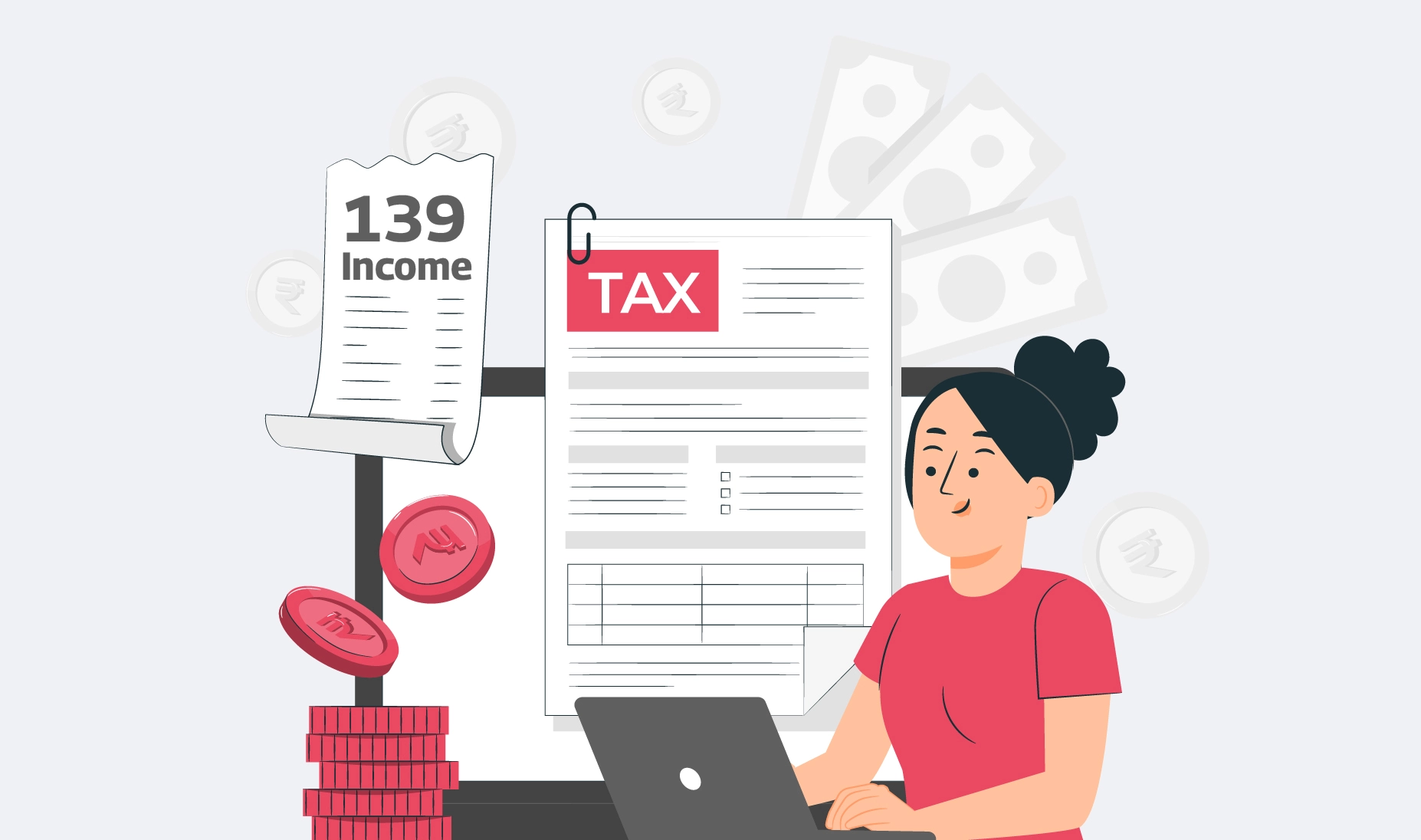Basic Terms That One Should Know Before Buying Money Back Policy
.png)
Money Back Policy is one of the best insurance policies for people who want to secure the future of their loved ones. Read on to know what is money back policy and the basic terms related to the policy.
.png)
What is a Money Back Policy?
A Money-Back Policy is a dual benefit plan of investment-cum-insurance that offers regular returns at intervals during the term of the policy. With a money back policy, the insured can get life cover for his/her family members in the event of sudden death of the insured.
Important Terms That One Must Know Before Buying a Money Back Plan:
- Policyholder – The person who buys the insurance plan and pays the premium amount is called the policyholder. He/she is the owner of the policy, but the person may or may not be the life assured or the insured person.
- Insured/Life Assured – The person who enjoys the coverage of the policy or the person for whom the policy is purchased is the insured or life assured. In most cases, the insured is the breadwinner of the family and in case of untimely death of the insured, the nominee gets the benefits.
- The insured and the policyholder may or may not be the same person. For example, a person can buy a LIC money back policy in the name of his/her spouse and pay the premium. In that case, the policyholder and the insured will be two different individuals.
- Coverage Amount/Sum Assured – Sum assured is the insurance amount of your money back policy. This is the amount that has been agreed upon by the insurer to pay as death benefit to the beneficiary of the insured person in case of his/her sudden demise.
- Nominee – The nominee is the beneficiary of the policy or the legal heir to the policy who is nominated by the insured or the policyholder. This is the person who receives the benefits at maturity and other benefits of the policy in case of sudden demise of the insured. The nominee can be a member of the family of the insured like children, wife etc. and the person is required to raise a claim for the insurance amount in case the insured dies during the policy term.
- Policy Tenure – The tenure is the duration of the policy. This is the time period for which the insurer offers the coverage for the money back plan. This duration can be anything from 1 year to whole life. It is also called a policy term or duration.
- Maturity Age – This is the age of the insured at which the policy terminates. Maturity age and policy tenure connotes the same thing. This is the age that the insurer declares as the maximum limit till which the insured can have the coverage of the money back policy.
- Premium – The amount that the insured or the policyholder pays to keep the money back policy active is called the premium. Premiums can be paid on a regular basis through the term of the policy, as single payment or as limited payment for a certain period of time. If the premium is not paid timely by the due date, the policy might terminate.
- Premium Payment term – The premium of money back policy can be paid as per the convenience of the policyholder. It can be paid either as regular premium, as limited premium or as single premium. For regular payment, the policyholder has to make payment regularly throughout the term of the policy. In case of limited payment, the premium is paid for a fixed number of years like 10,15 etc. And in single premium payment, the entire premium is paid in one lump sum amount.
- Riders – The additional covers that are available with a money back policy are called riders, which can be bought by the policyholder to extend the scope of the coverage of the policy. Some of them include Accidental Death Benefit Rider, Accidental Total and Permanent Disability Benefit Rider, Critical illness Cover and Waiver of Premium rider.
- Death Benefit– It is the amount that the insurance company pays to the beneficiary or nominee if the policyholder dies during the term of the policy.
- Maturity/Survival benefit – This is the amount that the insurer pays to the insured person if he/she outlives the tenure of the policy. When the insured person completes the term of the policy, he/she becomes eligible for the survival benefit. Term plans do not offer this benefit. But, most other life insurance policies present this benefit to the insured.
- Free- look period – When you buy a life insurance policy, you get a free-look period of 15 to 30 days during which you can choose to return the policy that you have purchased. So, if you don’t like the terms and conditions of the policy you have bought, you may return it during this free-look period.
- Grace period – If the insured fails to make the timely payment of the premium of his/her insurance policy by the due date, he/she can use the extended grace period of 15 – 30 days to pay the premium and keep the policy active. However, the policy gets lapsed, if the premium is not paid during the grace period.
- Surrender value – Surrender Value is the amount paid by the life insurance company to the policyholder if the person seeks to discontinue the plan before it reaches maturity. However, some plans may not have the feature of surrender value. So, you must read the terms of the policy well before buying the plan.
- Paid up Value – If an insured person stops paying the premiums after a particular tenure of the policy, the insurer may convert the policy into a reduced paid-up plan. In this case, the insurer reduces the sum insured (SI) of the policy as per the premiums already paid. So, likewise the benefits that are associated with the SI are offered as per the reduced SI. This is called paid-up value.
- Revival period – When the premium of a policy is not paid even during the grace period, it lapses. In this case, if the policyholder still shows interest in continuing with the policy, the insurer gives them the option to again activate the lapsed plan during a certain period of time after the grace period is over. This is called the revival period.
- Underwriters – Underwriters work towards assessing the risks in insurance. The process of assessment starts before the insurance was issued, and lasts till the claim is settled. Only when the Underwriter approves, a policy is issued to the insured. Similarly, when the underwriter gives clearance to the insurer, they make the payment of the claim to the nominee.
- Tax Benefits – As per section 80 C of Income Tax Act. 1961, the premiums you pay for your insurance policy are eligible for tax deductions. You can get a yearly deduction on the maximum amount of INR 1.5 lakh. Also, the maturity amount paid to the nominee is eligible for tax deduction under section 10D.
- Exclusions – Exclusions are the features that are not covered under your insurance policy and for which the insured cannot raise a claim. These are normally mentioned in the policy document of your insurance papers. And you need to read them carefully before buying a policy.
- Claim Process– This is the process that the nominee of the policy has to follow in case of the demise of the insured person during the term of the policy. In this case, the nominee has to raise a claim to the insurer to receive the death benefit as per the term of the policy.

Author Bio
Paybima Team
Paybima is an Indian insurance aggregator on a mission to make insurance simple for people. Paybima is the Digital arm of the already established and trusted Mahindra Insurance Brokers Ltd., a reputed name in the insurance broking industry with 17 years of experience. Paybima promises you the easy-to-access online platform to buy insurance policies, and also extend their unrelented assistance with all your policy related queries and services.
Other Life Insurance Products
Latest Post

Taxpayers should know more about Section 139(1) of the Income tax act since it is the section under which they have to file their returns if they have missed filing within the due date.


Have you ever caught yourself lost in illusions about your daughter's future events, such as her university convocation and first day at work? Her university convocation. When she embarks upon her initial job after graduation will be the day.

In a country where medical inflation is rising rapidly, securing a comprehensive health coverage plan for the entire family is no longer optional, it is essential. Selecting the right health insurance requires careful evaluation of multiple factors, not just premium costs. A well-chosen plan ensures financial security, access to quality healthcare, and peace of mind during medical emergencies.


Term insurance is an important investment. However, with the availability of so many insurers offering term plans, it becomes difficult to select the best term plan to suit your needs. Buying a term plan needs some consideration and research on the part of the policyholder. In this post, let us discuss the best term insurance providers in India.

.png)
When you sign up for a life insurance policy - whether it’s a traditional term insurance policy or a ULIP – you are not just buying peace of mind. You are also trusting the insurer with your money. So naturally, you would want to know: How is that money being managed? And more importantly, how is it being protected from risky decisions?




